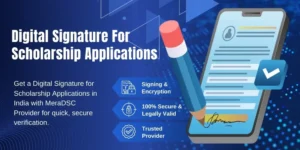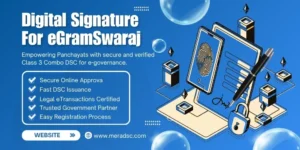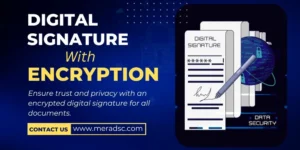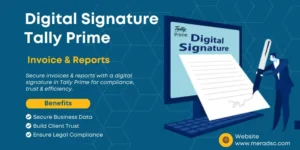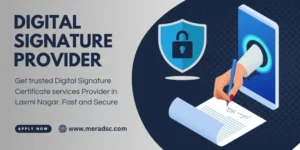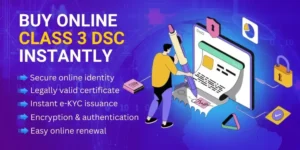With the advent of the digital world, where data gets transferred in tons every second, the authenticity and integrity of data have become a prime factor. The Encrypted Digital Signature is one of the most efficient instruments that secure this integrity. And consider it to be a virtual fingerprint- it is unique, secure, and legally binding. In case you are sending an email, performing a contract, or uploading a file to a cloud service, encrypted signatures will guarantee that no third parties will be able to change your information.
As opposed to a regular signature that is able to be copied, the Encrypted Signature is made with complex algorithms and encryption to lock the information. This virtually makes it impossible to develop the message without getting noticed by hackers. But how can this technology be used, and why is it so important in the contemporary data-sensitive time? Let us see.
What is an Encrypted Digital Signature?
An Encrypted Digital Signature is a mathematical protocol that performs the task of authentication and integrity of digital data. It runs on the basis of Public Key Infrastructure (PKI) that entails two cryptographic keys: one public and one private. Here’s how it works:
The Sender employs a Private Key: When a sender is going to sign a document, he makes use of his personal key to generate the signature.
The Receiver Operates using a Public Key: The receiver takes the public key of the sender to ensure that he is the same sender and that the signature is still valid and the message is not modified.
Not only can this process verify the identity of the sender but it can verify, that content has not been altered since it was signed.
The Role of PKI in Encrypted Signatures
All the principles of encrypted signatures are based on the foundation of PKI (Public Key Infrastructure). PKI gives the structure for controlling digital certificates and the encryption of the keys that are public keys. It is what makes sure that the public and private keys are sent and applied safely.
Authentication: Let you know that the signature is indeed that of the sender.
Data Integrity: Confirms that the document is no longer altered.
Industries such as financial, healthcare, and government heavily rely on PKI-based signatures to ensure trust and compliance in their industry.
Importance of a Digital Signature Certificate
To use an encrypted digital signature, you need a Digital Signature Certificate (DSC). This certificate acts like a passport—it verifies the user’s identity and binds their signature to them. A DSC is issued by a Certifying Authority (CA) and contains:
- The user’s public key
- The user’s identity details
- The issuing authority’s signature
With a valid DSC, users can legally sign documents online, submit forms, and ensure their data is protected across platforms. Whether you’re filing taxes, bidding in e-tenders, or securing emails, a DSC is your digital identity card.
Why Encrypted Digital Signature Matter for Data Integrity
Nowadays, when the world is rampant by cyber threats and online fraud, the integrity of data is valuable as much as never before. Encrypted Digital Signature work as an important feature as when a file or message is changed it becomes easily noticeable. That is why they are necessary:
Tamper Detection: The signature becomes invalid when a modification is made to the data that has been signed.
Legal Acceptance: Most governments accept the legality of digital signatures in contract realm and official documents.
Efficiency and Trust: They accelerate the working processes and make the parties trust each other.
Encrypted signatures are not merely a security tool but one of the many ways of developing trust in online communication and transactions.


